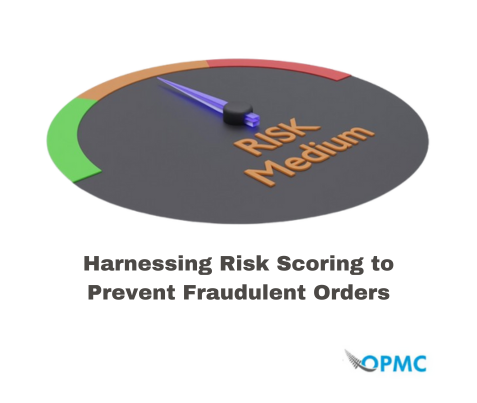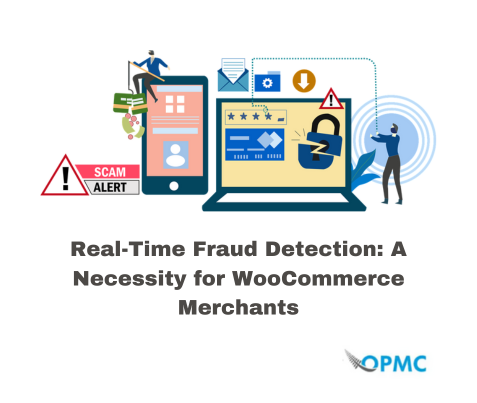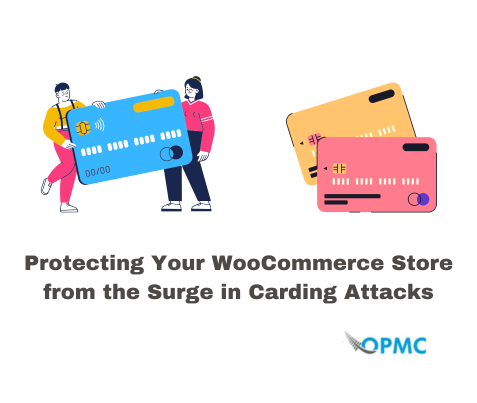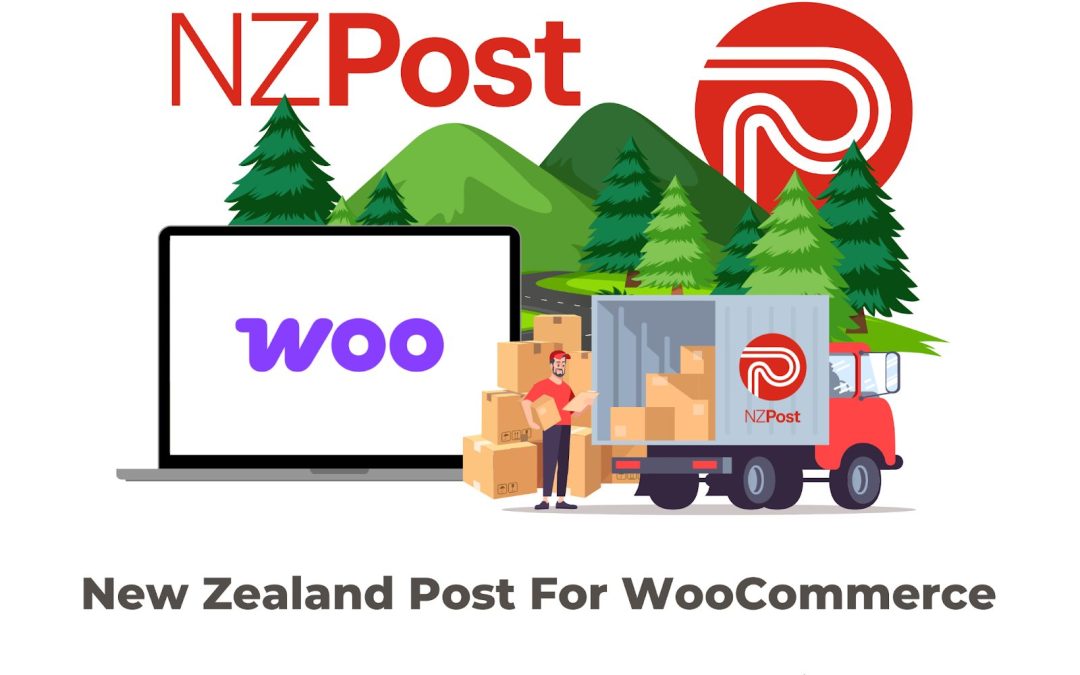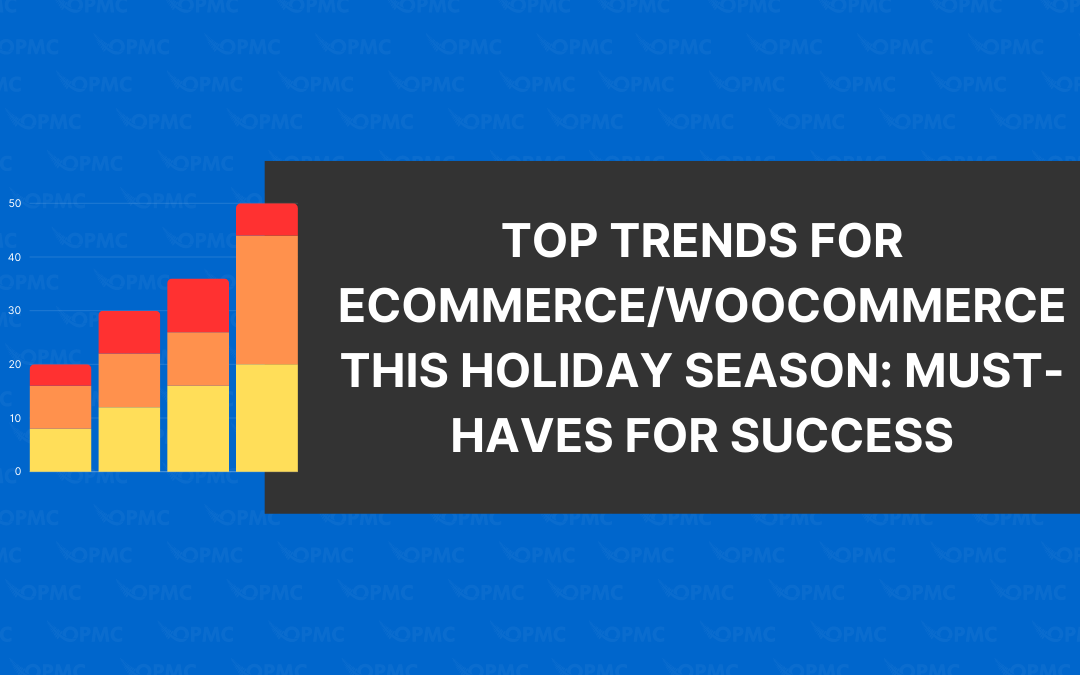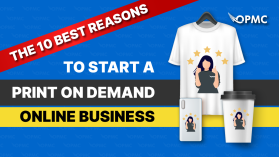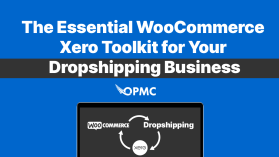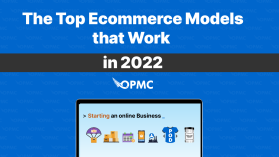The rush to be the next Amazon or eBay often overlooks the power of point-of-purchase transactions. Put another way, we are so focused on creating a robust online store that we forget that shoppers enjoy in-person experiences.
What does that mean for your ecommerce brand? Say you’ve spent a few months creating a white-label or dropshipping business. Why wouldn’t you want to expand that into local retailers or chains where your exposure can only grow?
Being white-label means you have spent time, money, and effort cultivating a brand identity. Even when the products are not manufactured at your local facility, you are still developing a culture and community aligned with a target market.
As your ecommerce side of things grows, you need a way to solidify your presence in the market, and integrating a physical product plan is an excellent way to do this.
How to Get Your Ecommerce White Label Product into Stores
All this may feel easier said than done. First and foremost, you need a solid product line. Even a single product has to be fully prepared and optimised with accompanying packaging before you try pushing them into retail locations. Here are some steps to help you get started:
#1 – Are You Ready?
Before jumping in headfirst, look at your systems. You don’t want to rush into any business negotiations or brand partnerships without having the ecommerce infrastructure in place.
This means customer support, fraud protection, accounting, and everything else must be ready to handle any disasters that can occur. From massive spikes in demand to inventory management, you want to have all your ducks in a row before beginning.
#2 – Identify Your Uniqueness
Retail stores are buying your brand and your product. They want that thing about your brand that makes it unique to bring more customers into their stores. Their goal is goal volume of purchases, not niche marketing. Your brand has to offer complementary appeal to customers.
For example, if you have a white-label ecommerce brand with all kinds of cooking spices and marinades, your BBQ sauce made from organic chiles off the coast of Australia may be the differentiating factor that opens the door to aisle endcaps in Woolworths.
#3 – Practice Your Pitch
In some rare cases, retailers will come to you. Maybe you had a viral campaign like the skateboarder drinking cranberry juice to Fleetwood Mac and can leverage that success for a quick and easy partnership.
However, it is far more likely you’ll need to make some sales pitches to potential clients. Here, you will need to perfect what is known as the elevator pitch.
This is where you envision running into your target client in an elevator and only having those precious 30 seconds to 2 minutes to explain what your white-label product is, how it benefits their company, and why they should partner with your ecommerce brand.
#4 – Try Wholesaling
If you prefer to avoid the person-to-person interaction, you can also offer your white label ecommerce products through a wholesale marketplace. Retailers can then search these marketplaces for products like yours and set up all the purchasing and negotiations there.
The only downside to this is you’ll need a highly efficient supply chain. After a retailer tests out your product through a small run, they may make a much larger order. That can be a headache if your entire inventory is not fully optimised through automation.
#5 – Get to Trade Shows
Retail is an in-person business. Why spend hours trying to track down potential clients when you can visit them all under one roof? Tradeshows open the door to fantastic networking with people in your industry.
If you have spent a few months cultivating a brand around white-label cat products, go to a cat show or pet convention. Secure a space and create a pop-up shop where you can showcase your brand, viral videos, packaging, and benefits directly in person.
#6 – Build Relationships
Most importantly, you’ll need to maintain your relationships as you grow. Opening your online white-label business to retailers is going to take work. You’ll need to rely on your partnerships to manage any hiccups along the way.
Take the time to get to know your partners. That will give you greater insight into future changes if you want to test out something new, as well as support during spikes in customer demand. The better the relationship, the easier it will be to maintain a steady supply flow of product (and revenue).
Automate Before You Ship
Your ecommerce brand should be solid before trying any retail space. That requires full optimisation and automation of all your repetitive tasks. You want your team to be fully focused on customer relationships, service, and partnerships, not on last year’s taxes and accounting.
Many white-label ecommerce brands turn to WooCommerce as a platform. Our team at OPMC provides customised WooCommerce plugins that we have tested and tried ourselves. From 24/7 live chat support through our Customer Service for WooCommerce plugin to transform your accounting with our Odoo for WooCommerce option, we have all the automated tools you need to succeed.
Visit our storefront today and integrate these powerful tools before you open your ecommerce brand to physical locations. This will save you time, money, and headaches as you grow.
Final Thoughts
Opening your ecommerce brand to in-person retail is a great way to save time and shipping costs. You can move a ton of inventory and rely on the expertise of the partnered shops to do the heavy lifting for you.
After all, human interaction is crucial to your business growth. Even a fully online store understands that the customer experience is what leads to the best word-of-mouth marketing and future sales.
Finally, having in-person retail locations is only going to boost traffic to your ecommerce site. That visibility and physical connection will lead to customers checking out your brand online.
Take your time and be sure to optimise your WooCommerce storefront first without customised plugins. Then, reach out to local suppliers you think will align with your brand offering. This could be your solution to long-term, sustainable growth.
FAQ
Why ecommerce in retail?
It may seem silly, given how hard businesses have pushed for digital transformation into ecommerce, but going the other way offers an omnichannel strategy that will differentiate your brand and set you apart from the competition.
Is ecommerce the future of retail?
Probably, but there is no way to be sure. Just like you wouldn’t put all your eggs in one basket, you don’t want to rely on a single selling strategy for expanding your business.
What are the advantages of white labelling?
White labelling gives you reduced costs by differentiating your brand even though you’re not handling manufacturing. You get to take advantage of expertise from leading developers and creators and then build a brand around those products that can lead to exponential sales potential.
Visit our store today!
Get a powerful boost to your security, customer support, inventory management, and more…

